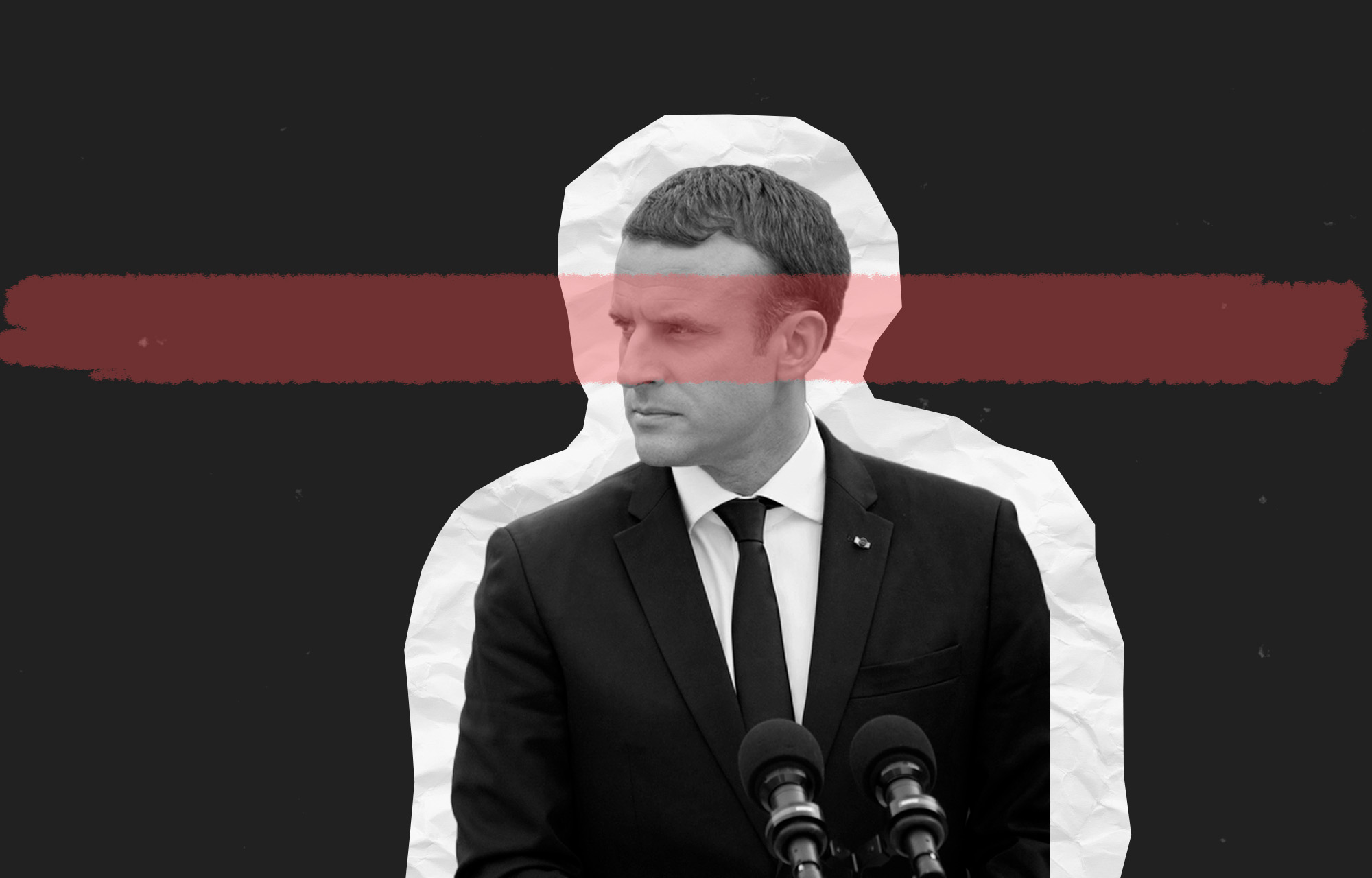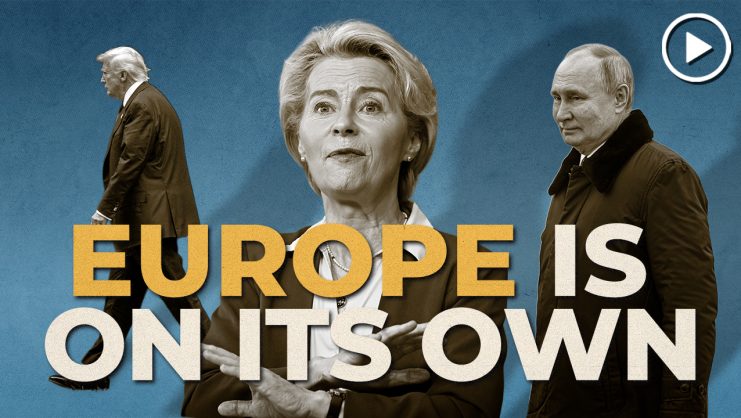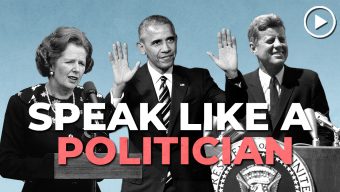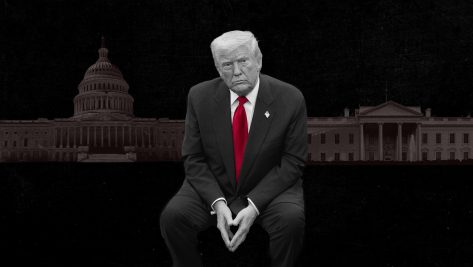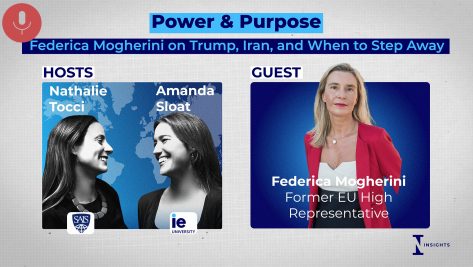While Emmanuel Macron seems to have won the French elections comfortably with a 17% margin over his opponent Marine Le Pen, the reality is that many voters chose him reluctantly, more so as an anti-Le Pen vote than a pro-Macron endorsement. The first, most immediate challenge, is winning the legislative elections for the French Parliament or Assemblée Nationale in June. Here, hard-left candidate Mélenchon is attempting to garner enough support to position himself as a potential Prime Minister. Should he succeed, this would install a system of Cohabitation in which the Prime Minister and President are from different parties. This has only happened three times in French history and would make it very difficult for Macron to govern the country. This scenario is unlikely, however, and Macron has a good chance of obtaining a parliamentary majority in June. But nothing is guaranteed.
Macron’s next challenge is addressing high inflation and the cost of living crisis that led so many voters to choose Le Pen over him. Energy and food prices have increased dramatically in the past months partly a result of the war in Ukraine. Many voters blamed Macron for their diminishing purchasing power, in spite of a strong economy (7% growth in 2021) and the lowest unemployment rate since 2008 (7.8%). He has promised to cap energy prices until the end of 2022 and to pass a bill that would index pensions to inflation and reduce costs for the self-employed. This will likely lead to more deficit spending as Macron tries to pacify those who are angered by the high cost of living.
A third challenge will be pension reform and extending retirement to 65 years of age. Faced with a lot of push back, Macron has promised to show some flexibility and may lower it to 64 years and implement it after 2027. Fourth comes the challenge of fighting climate change. Many green voters were disenchanted with Macron’s lackluster performance in implementing strict environmental laws in his first term. Macron has vowed to reduce greenhouse gas emissions twice as fast – cutting them by 40% by 2030. And lastly, there is the challenge of helping the EU stand strong against Russia while at the same time, en même temps, focusing on domestic issues such as inflation and high energy prices.
In his victory speech, Macron pledged that his next term would not be a continuation of the past five years but a new era and a renewed mandate. He promised to govern all the French people and address the concerns of the 41% of the electorate who did not vote for him. In his first term, Macron earned the reputation of being aloof and almost dictatorial. Some called him “Jupiter” after the king of Roman gods. In his second term, he will have to work with others to foment a team spirit. He will have to listen to the opposition parties’ concerns and most of all, he will have to listen to the people who did not vote for him and address their real grievances. Not changing his governing style would probably result in more protests such as the ones that rocked the country in 2018, the Gilets Jaunes movement (yellow vests) that erupted after Macron proposed a price increase on diesel fuel in order to honor his climate change promises. After weeks of violent protests in the streets, Macron backtracked and went on a listening tour of France during which he met for hours on end with people in towns and villages to listen to their grievances.
From the onset Macron will face a weak mandate.
Reconciling a divided France will certainly be one of Macron’s biggest challenges in his second term. Macron is the only French president to have faced a far-right candidate in the second round, twice. Many will accuse him of being the default option, as opposed to a president elected for his ideas and platform. This means that from the onset he will face a weak mandate. His political detractors will certainly use this lack of legitimacy against him in the upcoming parliamentary elections.
So, what can be done to unite a fractured nation? Macron will have to work very hard to change his image and rebrand himself, something that Le Pen has actually done quite well in the past few years. She went from appearing as a stringent far-right radical to a more mainstream, palatable candidate. Her ideas did not particularly evolve but the way she packaged them did. Macron will need to likewise reinvent himself and significantly change his tone and attitude when he talks to people. He often comes across as arrogant and know-it-all, professor-like. It will be necessary for him to listen and talk to the people directly. He will need to engage with voters from all sides of the political spectrum and really show them that he is at their level, that their opinions matter, that he cares. This certainly won’t be easy for Macron, but it is the only way for him to bridge the divide that he has created between him and the people who voted both on the far left and the far right, this being more than 50% of French voters in the first round.
This French presidential election, perhaps more than any other before it, was an unpopularity contest between two much-hated candidates. For many, Macron won because he was the lesser of two evils. Combined with the fact that the traditional parties of the center (le Parti Socialiste and les Républicains) together garnered less than 7%, this reality means that the political spectrum is now structured around three political blocs led by Macron (center), Le Pen (far right), and Mélenchon (far left). Mélenchon has already announced that he will try to unite the left around his candidacy for Prime Minister. Le Pen will aim to find common ground with Eric Zemmour to unify the nationalist right. Pundits see a Macron majority as most probable, especially since, historically, recently elected presidents have tended to earn a majority in parliamentary elections, a possible winner takes all effect of elections. That said, we shouldn’t forget the high level of abstention, 28% in the second round, of which many were left-wing Mélenchon voters who decided to stay home. Should they come out in droves to vote for Mélenchon in June, this could certainly represent a threat for Macron’s En Marche party.
Should En Marche fail to secure a majority in June, the winning party will choose the Prime Minister, who would in turn appoint the cabinet. This would leave Macron in charge of defense and foreign policy, but he would be unable to implement domestic policies, and this would prove a real problem for the rest of his mandate.
Le Pen’s defeat was not only a victory for Macron but a clear win for the EU and NATO as well. A collective sigh of relief could be heard throughout the halls of Brussels and other European capitals. Had Le Pen won she would have diminished France’s role within the EU. Although she no longer talked about leaving the EU altogether, she spoke about a European alliance of nations, tightening border controls, reducing French contributions to the EU budget, favoring French nationals over other Europeans, and letting French law overrule EU law, all of which would violate EU supranational law. Macron’s win means that EU law will continue to be honored as will France’s vital role as a pillar of the EU, and that Macron will pursue his agenda on EU sovereignty in fields like technology, defense, and climate change. Macron will also continue to collaborate closely with Germany, something Le Pen vowed to end.
In terms of NATO, Le Pen promised that if she were elected, France would leave NATO’s integrated command structure and that she would refuse to put French troops under NATO command. This would indeed have been a strong blow to the organization at a moment when it most needs to stay united in front of Russia. Le Pen’s close ties to Putin and Russian banks would have likewise been very problematic for the EU and NATO. For the duration of the Ukraine war, France has played a key diplomatic role, offering support to Zelensky while still trying to dialogue with Putin in order to avoid an escalation. This central role is likely to continue now that Macron has been reelected. For now, with the French President entering his second term, there is a sense of prolonged order – how long it will last, we will find out next month.
© IE Insights.



